The Hague, July 24 (V7N) – The United Nations' highest court, the International Court of Justice (ICJ), issued a landmark ruling on Wednesday, urging wealthier nations to fulfill their international obligations in reducing greenhouse gas emissions. The court emphasized that failure to do so could result in these countries being held accountable through compensation to nations that are bearing the brunt of climate change's devastating impacts.
In its advisory opinion, the ICJ called climate change an "urgent and existential threat," demanding that countries, particularly industrialized ones, collaborate to meet concrete emissions reduction targets set by international climate agreements, such as the Paris Climate Agreement.
Key Points from the Court’s Opinion:
States' Responsibilities: Countries are legally bound to address climate change by adhering to the "stringent obligations" outlined in climate treaties. They are also held accountable for the actions of corporations within their jurisdiction.
Potential Reparations: Failure to meet emission targets could trigger "full reparations," which may include restitution, compensation, and satisfaction for affected states, provided that the conditions of state responsibility are met.
Human Rights: The court reinforced that the human right to a clean and healthy environment is fundamental to the enjoyment of other human rights.
Widespread Reactions:
The opinion was welcomed by small island nations and environmental groups as a major step toward holding wealthy countries accountable for climate damage. Vanuatu’s Climate Minister, Ralph Regenvanu, expressed his satisfaction, stating that the ruling provided a strong legal tool for climate justice.
UN Secretary-General António Guterres also hailed the opinion, stressing that it underscores the necessity of achieving the goals outlined in the Paris Agreement to limit global warming to below 1.5°C (2.7°F).
However, the ruling may have limited impact on certain large emitters. Under U.S. President Donald Trump’s administration, the United States rolled back key climate regulations, raising doubts about its future cooperation.
The Role of Wealthy Nations:
The ICJ placed significant emphasis on the responsibility of wealthy, industrialized nations, which have historically contributed the most to global greenhouse gas emissions. Judge Yuji Iwasawa, who read the opinion, stated that the root cause of greenhouse gas emissions is human activity, and that wealthy nations must take the lead in mitigating these emissions.
A New Era of Climate Accountability:
Although the ICJ’s ruling is advisory and non-binding, it carries substantial political and legal weight, marking the beginning of a new era of climate accountability on the global stage. Legal experts suggest that future climate cases would now need to consider the ICJ’s opinion.
Danilo Garrido, Greenpeace’s legal counsel, called it "the start of a new era," while Harj Narulla, a barrister involved in the case, highlighted the possibility of holding major emitters legally accountable for reparations.
Global Climate Litigation:
The ICJ’s opinion could further fuel global climate litigation. According to recent data, nearly 3,000 climate-related lawsuits have been filed across nearly 60 countries. These lawsuits increasingly target both companies and governments for their role in climate change.
Conclusion:
The ICJ’s advisory opinion presents a crucial step in holding industrialized nations accountable for their contributions to global climate change and the resultant damages to vulnerable nations. The world now faces an urgent call for nations to fulfill their climate obligations to protect the environment and safeguard human rights.
END/WD/AJ/



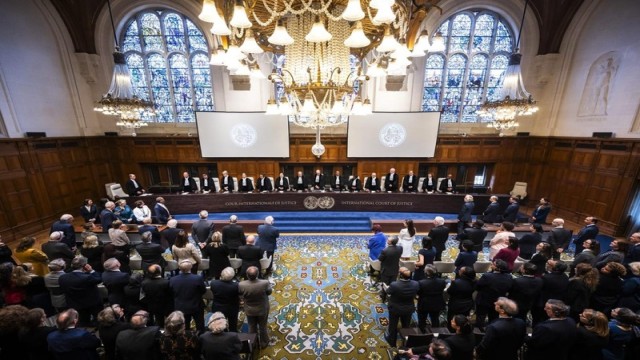

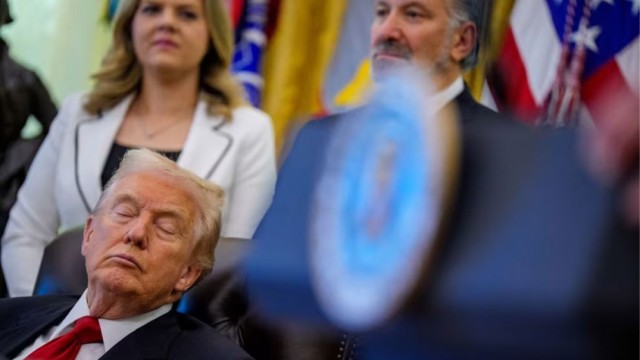


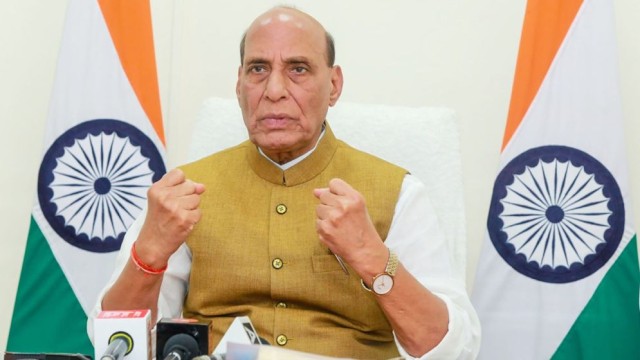



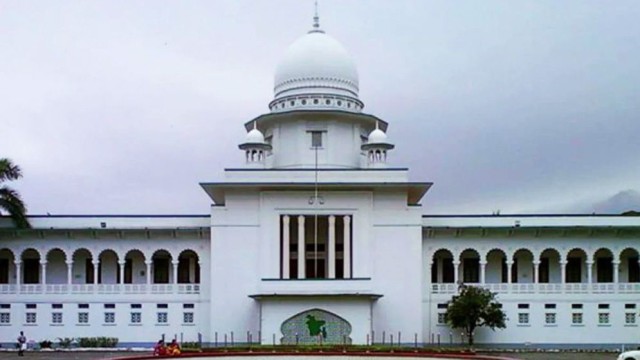





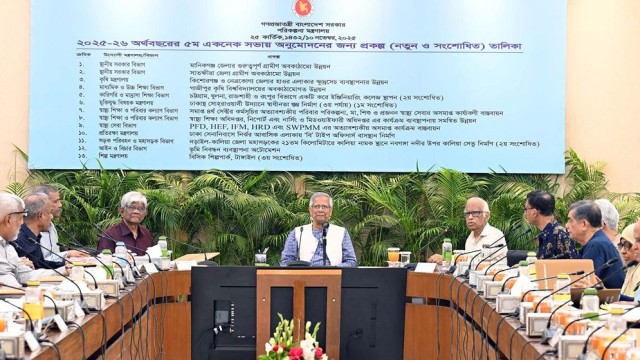












Comment: